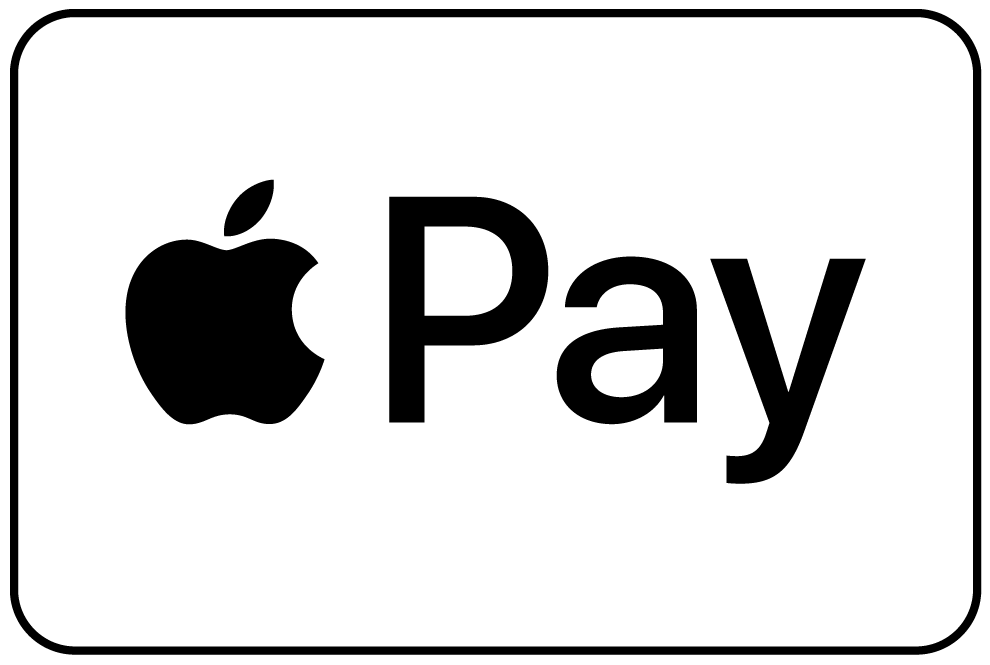Beyond ChatGPT: How Apple Intelligence Offers Marketers a Smarter AI Solution

The advertising industry is on the threshold of a watershed moment. Privacy is reshaping legislation and ways of advertising, while technology is forever changing how business is being done. Artificial Intelligence is a game changer that brings massive risk and significant opportunity.
The risk for agencies that don’t embrace AI and automation technologies or enter the Web 3.0+ era is that they may become irrelevant. The opportunity is to embrace AI as a smart solution for realising personalisation at scale, without compromising customer privacy.
The big news from Apple is the brand’s launch of Apple Intelligence, a suite of AI tools built into iPhone, iPad, and Mac to help marketers be more creative and do day-to-day tasks with less effort. For advertising agencies, Apple Intelligence promises to enhance marketing capabilities through advanced personalisation and automation features. Unlike general AI systems like ChatGPT, Apple Intelligence is task-oriented and employs human data in a highly privacy-conscious way.
Personalisation at scale
Digital marketing’s holy grail is personalisation and targeting — getting the right message in front of the right eyes in the right channel at the right time. But when creating this kind of content, there’s a constant need for optimisation, particularly given that consumer fatigue and ad blocking are increasing.
Marketers now need to access first-party data to create personalised campaigns. This approach allows for more accurate targeting and enhances the relevance of advertisements, fostering stronger connections with consumers.
The privacy imperative
When reaching out and engaging with customers, the main obstacle marketers bump their heads against is privacy. The big question marketers have wanted to resolve is this: “How do we reach our customers but respect their confidentiality? And observe the necessary legislation?”
Apple has approached the challenge by redefining marketing’s entire privacy framework. By using on-device AI and Private Cloud Compute, data never leaves the user’s device unless explicitly permitted. This framework can enable hyper-personalisation in advertising, where ads resonate deeply with individual preferences while maintaining ethical data use. By doing this, marketers can now achieve the advertising and customer privacy balance required by legislation.
Apple Intelligence enables marketers to access aggregated insights while maintaining user privacy. Marketers can now analyse user behaviour and preferences within Apple's ecosystem to create more targeted and relevant content while maintaining user privacy. This shift can lead to greater relevance and resonance, which could lead to deeper audience engagement.
AI is the key to unlocking advertising’s personalisation and targeting ideal. Getting personalised, engaged messages to potential customers effectively can now be achieved, using AI strategies — specifically machine learning and analytics.
This year will see several trends emerge, ranging from subtle, micro-trends that are still impactful, to macro- and mega-trends that change the face of marketing.
Micro-trends: subtle, impactful changes
In the Attention Economy, where time is tight and everyone’s distracted, interruptive marketing no longer works. Email campaigns have increasingly lower click-through rates. So, how do we get attention back?
Apple Mail now creates AI-driven summaries. These emails mark a pivotal change in email marketing. Target audiences can now receive concise, context-rich summaries, instead of lengthy previews. Advertisers need to adapt by creating high-impact messages with precise, value-driven language that is relevant and resonant.
Siri can optionally be integrated with ChatGPT, making it a conversational powerhouse. For marketers, this signals a shift from interruption-based ads to meaningful interactions that aim to build deeper consumer relationships.
Macro trends: a new advertising paradigm
Marketers need to create content that is personal and authentic while keeping user data secure. AI is the key to fulfilling the goal of getting personalised, engaged messages to potential customers effectively, while maintaining privacy.
Apple addresses this challenge with Apple Intelligence, a suite of AI tools built into iPhone, iPad, and Mac. Designed to be task-focused, Apple Intelligence processes human data in a way that prioritises privacy—even Apple cannot access this data.
With the integration of OpenAI's advanced language model, users can now perform more complex queries. However, this integration is designed with strict safeguards: user data is protected, requests are not retained, and the service is accessed only with the user’s explicit consent. Additionally, Apple has implemented Private Cloud Compute technology, ensuring that communications between devices and servers are secure and not subject to public scrutiny.
Apple Intelligence enables marketers to analyse user behaviour and preferences within Apple's ecosystem, while maintaining user privacy. This shift can lead to greater relevance and resonance when doing content and creative work, which could lead to deeper audience engagement.
AI is advertising’s friend
This year, major new players have taken the spotlight to gain publicity (and funding) as they launch new AI engines that push the boundaries of this technology. Meanwhile, Apple has been quietly exploring an alternative path, through Neural Processing Units built into M-series processors and deep research into the development of this technology.
Mega trends: The future landscape?
On-device power?
Analysts at Canalys predict that 60% of PCs shipped in 2027 will be AI-capable, with dedicated neural processing units (NPUs).? For marketers, these on-device AI capabilities power faster content generation, instant analytics and more dynamic, real-time advertising.?
Apple is leading the way with Neural Engines embedded in all its M-series processors, as well as in its A-series chips used in mobile devices. These Neural Engines are specialised NPUs that are designed specifically to accelerate AI tasks, including machine learning (ML), natural language processing (NLP), and computer vision.?
Show me!
Increasingly, marketers are including video in their campaigns [1], with short form video (e.g., TikTok) showing a higher ROI than influencer marketing, selling on social media apps, and mobile-friendly websites. The same report states that 56% of marketers using TikTok aim to increase their investment in 2025, the highest of any platform. And 30% of marketers who don’t use short-form video are starting to do so.?
[1] https://blog.hubspot.com/marketing/hubspot-blog-marketing-industry-trends-report
Speak to me!
We are now having natural, conversational exchanges with our devices. Not only does this enhance user convenience, but it opens pathways for direct product placement and seamless ad targeting.
For instance, the updated Photos and Siri systems enable users to interact with their content using natural language descriptions, like: “Find red sneakers from my saved items.” This means that SEO strategies will need a comprehensive overhaul. Forget keyword stuffing; the future of search marketing lies in the authenticity and nuances of real human conversation.?
See me, touch me!
New technology allows brands to integrate augmented reality (AR) tools and visual ad elements. For example, a tourist scanning a location through their iPhone could get AR-based recommendations for local attractions.
Marketers need to start thinking in three and four dimensions: flat, static advertising is out. Immersive and experiential is the new norm.?
Actionable strategies
These trends provide challenges and opportunities for marketers to future-proof advertising strategies. Here’s how:- Craft concise and impactful messages to align with AI-driven summaries in email clients.
- Develop conversational ad content that integrates seamlessly with AI assistants like Siri.
- Leverage AR tools to create immersive campaigns that captivate audiences.
- Adopt privacy-first strategies to build trust while delivering targeted campaigns.
Digicape: Enabling transformation
At Digicape, an Apple Premium Reseller and Apple Consultants Network member, we don’t just sell Apple devices—we empower businesses to harness the full potential of Apple’s AI-powered ecosystem. From integrating AI into workflows to providing expert consultation and ensuring privacy compliance, Digicape helps businesses innovate and optimise operations effectively.
In today’s competitive landscape, having a trusted partner like Digicape is essential for navigating Apple's evolving ecosystem—transforming how businesses work, collaborate, and grow in the digital age.Back to Newsroom
 Apple Pay available at checkout on Safari.
Apple Pay available at checkout on Safari.
